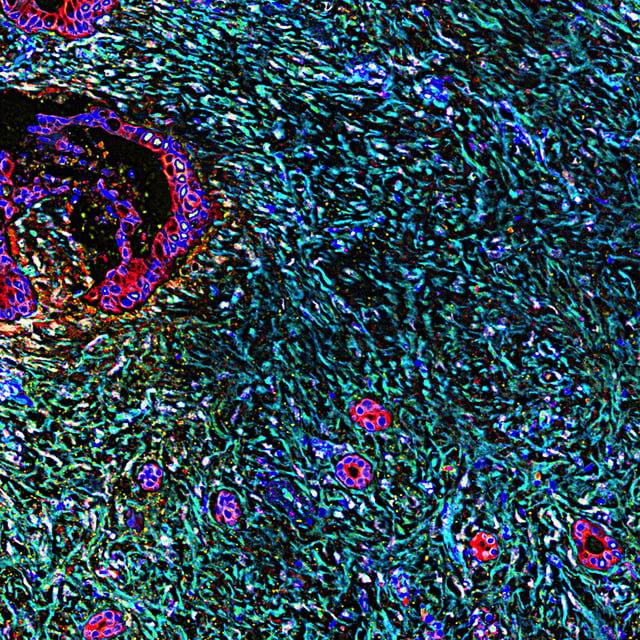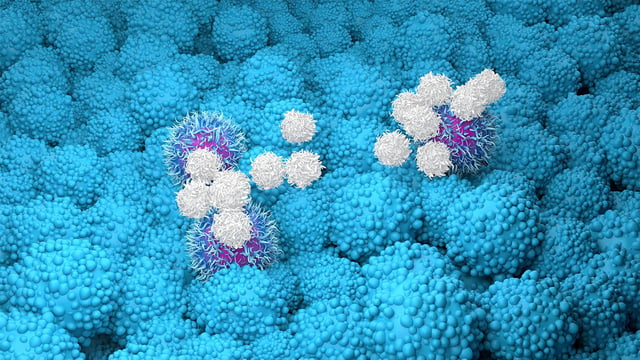Overview
- The Phase 1 study of ELI-002 2P in 25 patients with pancreatic and colorectal cancers showed that 85% mounted immune responses against common KRAS mutations.
- Approximately 68% of participants achieved strong T-cell activation, correlating with an average recurrence-free interval of over 15 months and 29 months overall survival in pancreatic cancer patients.
- The vaccine’s AMP/lipophilic-peptide design enhances delivery to lymph nodes, enabling an off-the-shelf approach without personalized manufacturing.
- Independent experts caution that the small, uncontrolled trial requires confirmation through larger randomized studies to validate clinical benefit and understand patient variability.
- Enrollment has concluded for the 144-patient Phase 2 trial, which will compare ELI-002 2P against standard care in KRAS-driven cancers, with results expected following follow-up.



